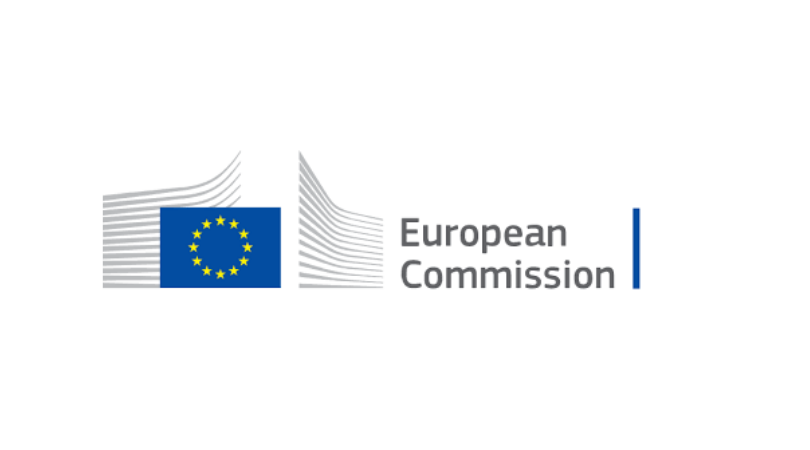The European Commission and the International Energy Agency are joining forces to help EU countries reduce their reliance on Russian fossil fuels.
By strengthening investments in clean energy and energy efficiency, the project aims to mitigate the impact of Russia’s invasion of Ukraine on the EU energy sector.
In the framework of this common endeavour, the Commission is offering support to Member States to reduce their dependence on Russian fossil fuels through the Technical Support Instrument. 17 EU countries have already joined the project. This support is in line with the REPowerEU Plan presented by the Commission on 18 May, outlining how to phase out EU dependence on Russian fossil fuels and accelerate the clean energy transition.
The cooperation with the IEA will cover seven areas: supply and diversification of liquefied natural gas; production of biomethane; stepping up international trade in hydrogen; acceleration of rooftop solar and heat pumps roll-out; demand-side measures and energy efficiency; faster permitting of renewable projects; innovative hydrogen and renewables solutions for industry.
It will include workshops, meetings, analysis, and data tracking by the International Energy Agency.
The first workshop, on 24 May, focused on supporting the uptake of demand-side and energy efficiency measures. The workshop was attended by representatives of the Member States participating in the project, the Commission, IEA and by industry stakeholders.
Fatih Birol, the IEA Executive Director, said: “The sense of determination across Europe to move rapidly away from Russian fossil fuels is impressive and inspiring. Clean energy technologies offer the best solutions to deal with the energy affordability and security crises we are witnessing today while also making progress in the fight against climate change. The IEA is very pleased to be working with the European Commission and EU Member States to help them accelerate the shift to a more secure and sustainable energy future.”
Mario Nava, Director-General for Structural Reform Support, said: “Meeting the target of cutting our energy reliance on third countries’ fossil fuels requires to mobilise all available means. Member States can rely on the Commission’s help through the Technical Support instrument and we are very pleased to work with a knowledgeable partner such as the International Energy Agency to reach that important goal.”
Ditte Juul-Jørgensen, Director-General for Energy, said: “The recently adopted REPowerEU plan brings actions and resources to shed EU dependence on Russian fossil fuel imports as quickly as possible, by advancing our clean energy transition and becoming more efficient in the way we consume energy, boosting our European Green Deal efforts. Supported by investments and reforms, we have a robust roadmap to follow. Member States’ engagement, solidarity and cooperation are crucial in the process.”
In the aftermath of Russia’s invasion of Ukraine, the European Commission and the IEA have maintained a close dialogue surrounding the energy market turmoil and energy security.
On 21 March 2022, in the aftermath of Russia’s aggression to Ukraine, the Commission launched a dedicated call inviting Member States to express their interest in receiving technical support.
In April 2022, the Commission and the IEA published a joint Report ‘Playing my part’ to raise European citizens’ awareness of the benefits of energy savings and the importance of putting energy efficiency at the heart of planning and investment. According to this joint report, by actively carrying out these practical steps both at home and in the workplace, EU citizens can contribute to saving 220 million barrels of oil a year, and around 17 billion cubic metres of gas.
Source: Hellenic Shipping News






